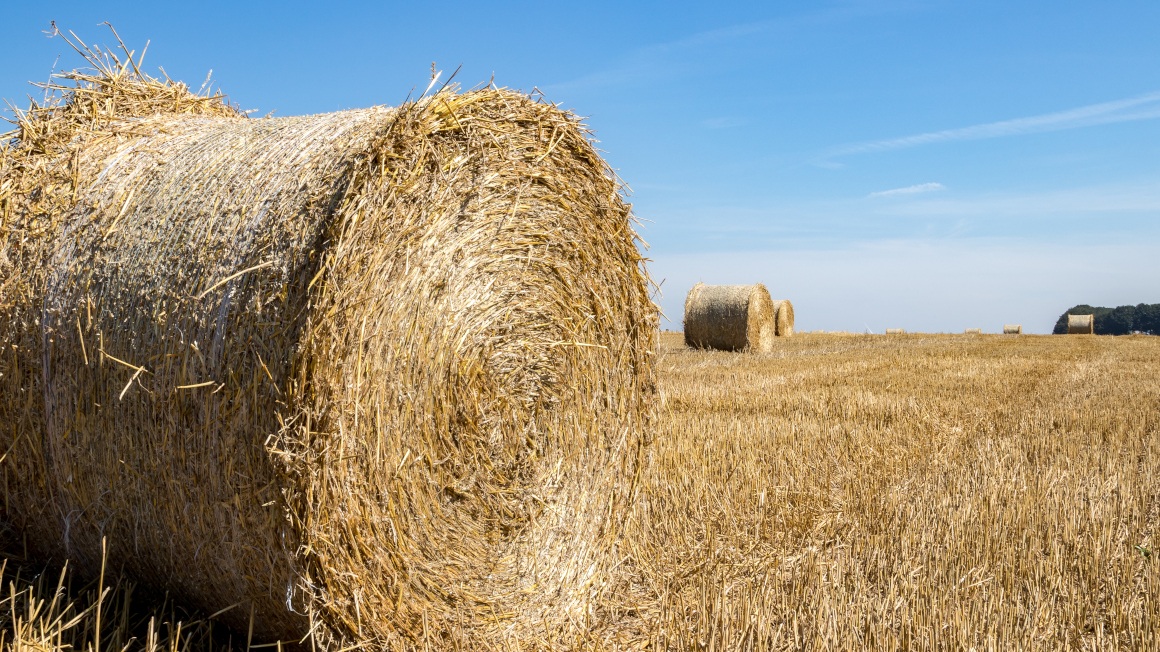New catalysts for biomass utilization
Converting biomass into chemicals is a technical challenge. Supported with 2 million euros from the European Research Council, a Hamburg research team develops new catalysts specifically for this purpose.

The chemical industry still relies predominantly on petroleum as a fossil raw material, but the industry is changing: bio-based raw materials such as residual and waste materials are increasingly being used as feedstock for the manufacture of chemical products. But processing biomass is not always easy. A team led by chemical engineer Jakob Albert from the University of Hamburg wants to tackle this problem. As part of the "BioValCat" project, the researchers want to develop an industrial process to extract ingredients for the chemical industry from biomass. The project is being funded by the European Research Council as part of a so-called "Consolidator Grant" for the next five years with a total of 2 million euros.
Obtaining carboxylic acid esters from biomass
"Our vision is to produce platform chemicals from real biomass, for example from industrial waste materials," explains project manager Jakob Albert. The project focuses on carboxylic acid esters, which have so far been produced primarily from fossil raw materials and are present in many everyday products. They range from packaging and clothing to fruit flavorings, preservatives and active pharmaceutical ingredients.
Research on new catalysts
For the recovery of carboxylic acid esters from biomass, Albert's team is looking for special catalysts. Specifically, the use of polyoxometalates - polyatomic metal ions - dissolved in water is to be explored. The advantage of polyoxometallate catalysts is that they can be used flexibly and adapted to the constantly changing composition of the biomass. This is because biobased raw materials such as residues from agriculture and food production are not easy to process. The reason: compared to fossil raw materials, they have a very complex structure and bring multiple functionalities at the molecular level that are not always needed. "However, it is chemically much easier to add functionalities than to remove them," Albert explains.
bb


